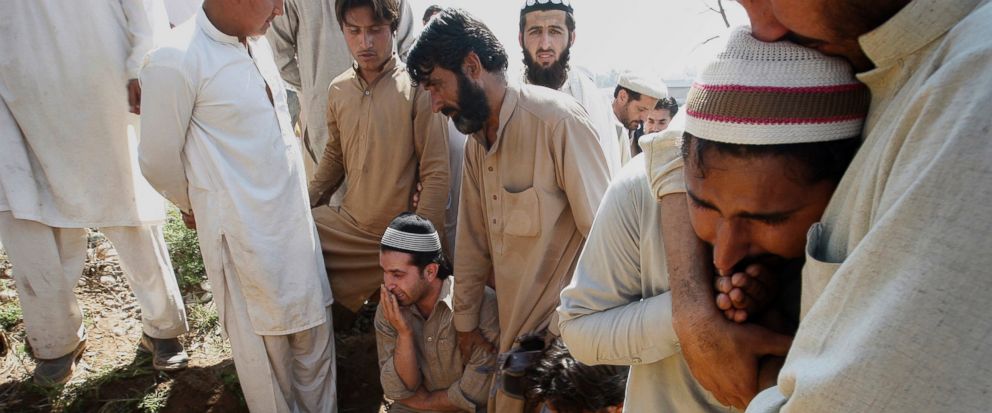Shakil Afridi has languished in jail for years — since 2011, when the Pakistani doctor used a vaccination scam in an attempt to identify Osama bin Laden’s home, aiding U.S. Navy Seals who tracked and killed the al-Qaida leader.
Americans might wonder how Pakistan could imprison a man who helped track down the mastermind of the 9/11 attacks. Pakistanis are apt to ask a different question: how could the United States betray its trust and cheapen its sovereignty with a secret nighttime raid that shamed the military and its intelligence agencies?
“The Shakil Afridi saga is the perfect metaphor for U.S-Pakistan relations” — a growing tangle of mistrust and miscommunication that threatens to jeopardize key efforts against terrorism, said Michael Kugelman, Asia program deputy director at the Woodrow Wilson Center in Washington.
The U.S. believes its financial support entitles it to Pakistan’s backing in its efforts to defeat the Taliban — as a candidate, Donald Trump pledged to free Afridi, telling Fox News in April 2016 he would get him out of prison in “two minutes. … Because we give a lot of aid to Pakistan.” But Pakistan is resentful of what it sees as U.S. interference in its affairs.





